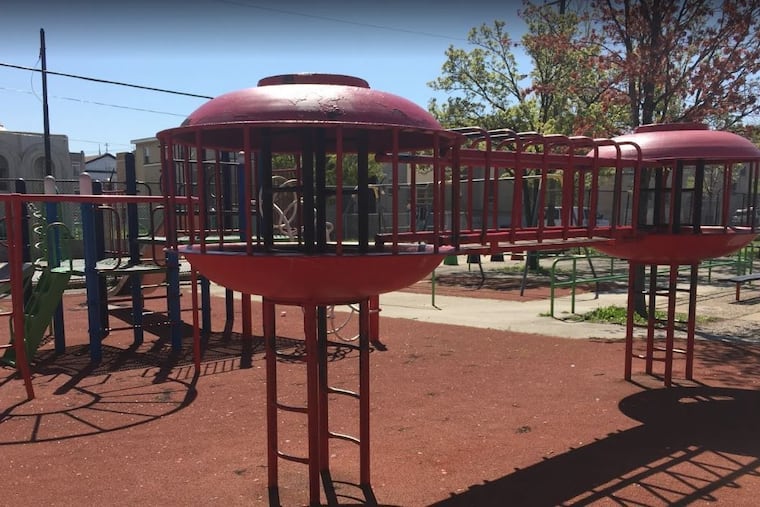Philly must support and not criminalize youth | Opinion
Targeting youth through policies that assume they are inherently dangerous does not promote community trust or safety.

In the past year, Philadelphia has seen policies that punish and criminalize youth, rather than support their growth.
Last summer, the police enacted a South Street curfew that disparately impacted youth of color from poor families. City officials agreed to this curfew, even though multiple local shop owners claimed that adults, especially when inebriated, were more likely to cause danger in the neighborhood than youth. There were financial costs for youth from poor families who returned home late or left too early for a job, but forgot to have proof of their job schedule. And this summer, youth again faced the blasting of painful, high-pitched sounds meant to keep them out of 30 local parks and recreation centers after 10 p.m. These devices have been installed without reviews of evidence on their effectiveness to reduce crime.
Targeting youth through policies that assume they are inherently dangerous does not promote community trust or safety. These policies only further distrust of police officials, and merely forcing youth out of public view will not solve underlying safety issues.
There are many ways that Philadelphia could redirect funding from punitive policies toward empowering young people, especially black and LGBTQ+ youth who face discrimination and other challenges, like high rates of poverty. Improving educational resources, services for homeless youth, and broader legal services are just a few options.
Youth experiencing homelessness are especially harmed by Philadelphia’s punitive policies including criminal charges of loitering when they are simply seeking safe places to stay. In the latest count of people experiencing homelessness in Philadelphia, there were over 301 youth living without guardians, including 80 who lacked any shelter. Philadelphia has taken steps to address homelessness, such as the Hub of Hope. However, more must be done to help youth in particular access emotionally and physically safe long-term housing, especially youth who identify as LGTBQ+, and youth who are pregnant.
In 2014, the same year that Philadelphia began installing sonar devices, educational researchers concluded that Philadelphia schools were significantly underfunded at a rate worse than other nearby districts. Students felt forced to protest as their schools cut resources to nurture students’ career interests. Philadelphia still underserves marginalized students’ educational needs, including the needs for students who are English learners or experiencing challenges of parenthood, disabilities, homelessness, or negligent institutional placements.
Through investing in education, schools can more effectively support youth to stay in school by providing additional mentoring staff, personalized supports, and a broader range of after school programs. Investing to prevent youth homelessness — for example through more coordination among the child welfare, juvenile justice, education, and legal systems — and expand safe spaces for homeless youth will not only empower young leaders, but also reduce the number of youth pushed to live in unsafe and unstable conditions.
In light of the challenges facing youth living in poverty, Community Legal Services’ Youth Justice Project listens to young people seeking legal assistance and helps them access the resources they need to thrive. Our team ensures that youth who live in poverty access financial supports like food assistance (SNAP) or disability benefits (SSI) that can help them obtain basic necessities, educational opportunities, and health supports to transition into independent adults.
Philadelphia officials can also choose more compassionate and effective policies concerning youth safety. Officials should listen to youth, as Councilmember Helen Gym suggests, rather than make assumptions about what is best for them. City officials should also redirect funds into community-based programs that give youth the skills, tools, and space they need to thrive. Law enforcement should be further trained on how to respectfully interact with youth of all races, ethnicities, sexual orientations, and gender identities, especially in light of recent offensive social media posts by police officers. Police officials also must be held accountable for unjustified heightened policing of black youth, which lead to criminal records that can hold many of our young clients back.
Lastly, city officials should further support the legal service providers connecting marginalized youth to the educational and financial services they need to achieve financial stability and mature into adulthood. We owe it to the city’s vulnerable young people to invest in their futures.
Katherine Divasto spent the summer as an intern in Community Legal Services’ Youth Justice Project. She is a Toll Public Interest Fellow, Class of 2021, at University of Pennsylvania Law School. kadivasto@gmail.com